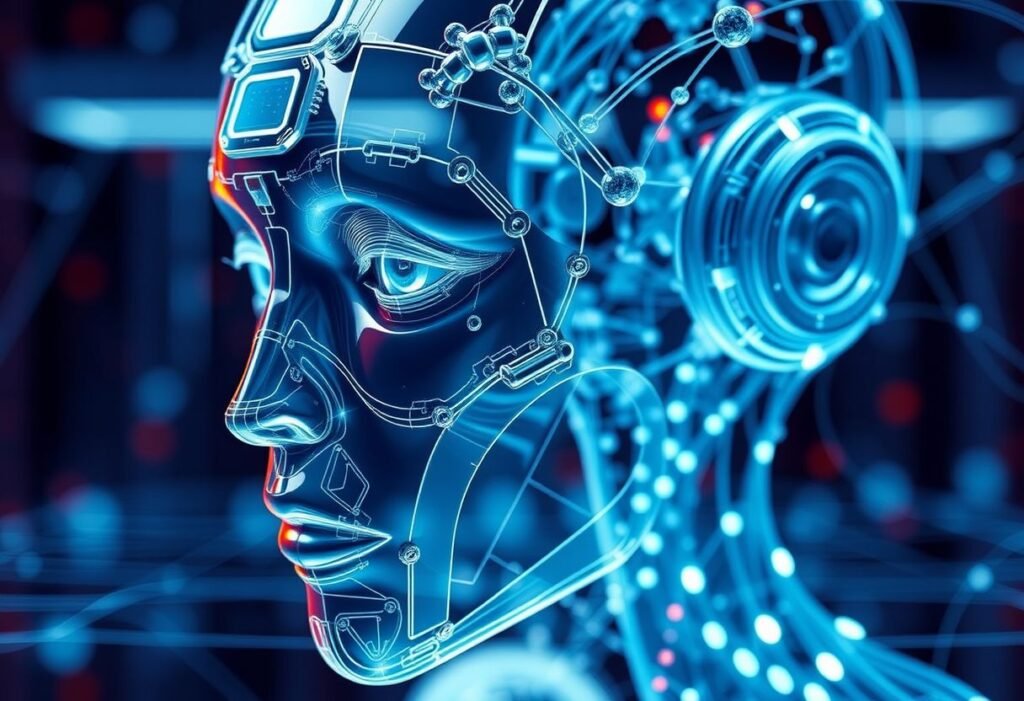The landscape of artificial intelligence (AI) research is rapidly evolving, showcasing significant advancements that are driving innovation across various industries. Understanding the latest trends in AI research is crucial for businesses and researchers alike, as these trends dictate the future of technology development.
The Rise of Generalized AI Models
One of the most significant trends in AI research is the emergence of generalized AI models. These models are designed to perform a wide range of tasks, learning from diverse datasets. Unlike traditional models that excel in specific tasks, generalized models enable efficiency and flexibility, paving the way for applications in fields such as healthcare, finance, and manufacturing. Researchers are now focusing on enhancing the robustness and adaptability of these models, which could lead to breakthroughs in automated decision-making.
Explainable AI Enhancements
Another critical trend is the growing emphasis on explainable AI (XAI). As AI systems become more integrated into society, there is an urgent need for transparency in how these systems operate. Researchers are working to develop frameworks that make AI decision-making processes understandable to users, which is essential for gaining public trust. Tools that enable the explanation of AI actions will be invaluable for industries that require accountability, such as justice and finance.
AI in Healthcare Innovations
The healthcare sector is witnessing transformational changes driven by AI. Research is increasingly focused on the use of AI for predictive analytics and personalized medicine. Upcoming innovations may significantly enhance diagnostics and treatment plans by leveraging vast amounts of health data. For example, AI algorithms can analyze patient history data to predict potential health issues, prompting early interventions that save lives.
Integration of AI with IoT
The synergy between AI and the Internet of Things (IoT) is another exciting trend. With the rapid increase of IoT devices, there is a growing need to analyze and manage the vast data they produce. AI algorithms help in extracting valuable insights from this data, optimizing processes in various sectors like smart cities, agriculture, and transportation. The collaboration of these technologies promises enhanced operational efficiency and innovative solutions to urban challenges.
Ethical AI Development
As AI systems become more pervasive, the importance of ethical considerations cannot be understated. Current research trends emphasize the need for ethical AI practices that avoid bias and ensure fairness. Researchers are increasingly conducting studies to identify and mitigate ethical risks associated with AI systems, striving to ensure that the benefits of AI are distributed equitably across society. Developing guidelines and best practices for ethical AI usage will significantly impact public acceptance and regulatory compliance.
AI for Climate Change Solutions
Finally, AI is playing a pivotal role in addressing climate change through research on sustainable practices. AI technologies are being explored for their potential to optimize energy consumption, reduce emissions, and promote renewable energy integration. As researchers continue to innovate in this field, we can expect AI to help create a greener future by developing smart solutions that enhance sustainability efforts.
Disclaimer: The information provided in this article is for educational purposes only and should not be considered as professional advice.





















